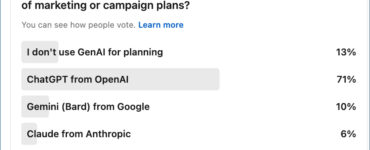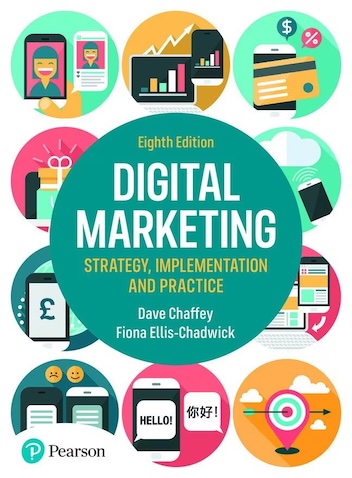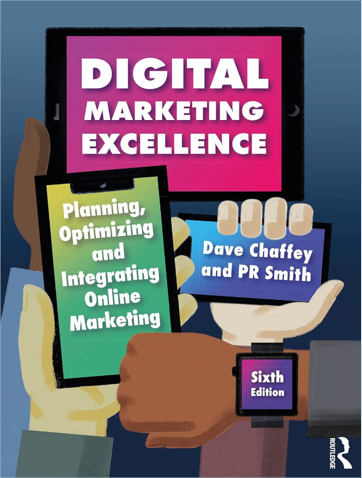Persuasion in digital marketing refers to consciously using website or mobile app design elements such as layout, copy and typography together with promotional messages to encourage site users to follow particular paths and specific actions rather than giving them complete choice in their navigation. Such decisions are often underpinned by research into consumer psychology.
American psychologist Robert Cialdini (2006) identified six ‘weapons of influence’ that marketers use to influence people’s behaviour and consumption. These were originally developed with reference to personal interactions rather than digital marketing, but these approaches can be considered to support Conversion rate optimisation (CRO) or structured testing programme:
1. Reciprocity. This principle underpins permission marketing. Brands can offer valuable, exclusive content or offers and they will fill ‘indebted’ as part of a perceived value exchange.
2. Commitment. Once people have invested some time into interacting, they may want to gain a return on their time invested by continuing. People who have searched a retail site, tend to have a higher conversion rate than visitors who have not, partly because they have already made a commitment.
3. Consensus. Also, more commonly known as social proof. Your audience are conditioned to believe recommendations from others more than they will believe a brand. Reviews and likes signal that others have used and tested a product, so also tend to increase conversion. Research has shown that products with more reviews tend to convert more. Other techniques based on other opinions include reviews, case studies, testimonials and rewards.
4. Affinity. Similarly, people tend to trust the opinions of other people they like or who are like them. Recommendations or endorsements by influencers who are known by an audience or to whom they can relate can also increase conversion.
5. Authority. People are more likely to trust reputable brands they are familiar with. Businesses of all sizes can showcase their authority, expertise and status. For example, in the B2B sector, companies feature satisfied customers, their employees, qualifications and reputations.
6. Scarcity. A product, service or content that is time-limited creates urgency and primes us to act quickly. Travel and accommodation websites show how the number of rooms or packages may be limited to encourage people to act now.
Although persuasion approaches are popular, there is an ethical dilemma since marketers may effectively be ‘duping’ people who are making quick, impulsive decisions. Some laws have been passed to regulate the use of dark design patterns that are used by many large brands.






